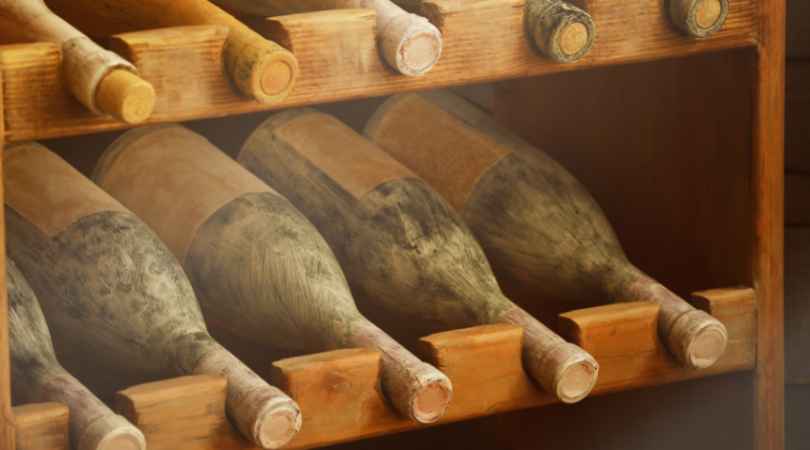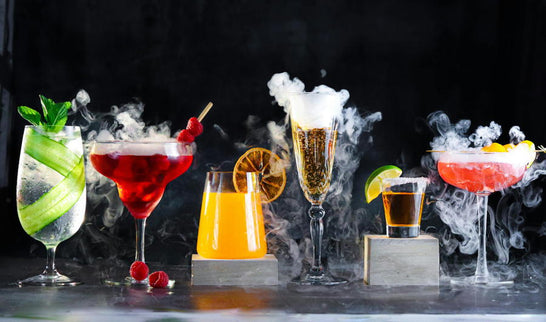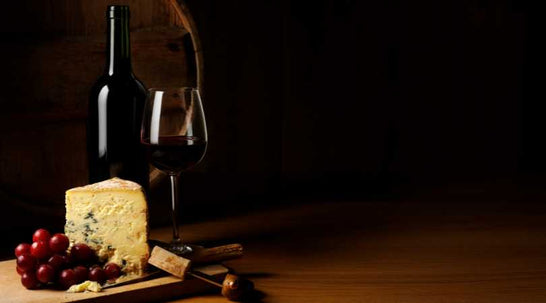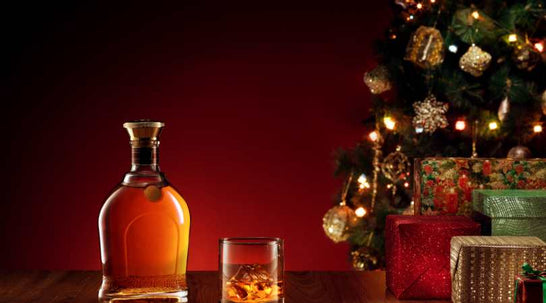
Have you ever wondered about the perfect conditions for storing wine? Many people ask questions like: “What temperature should wine be stored at?” or “How long can wine be stored before it goes bad?” and “Is storing wine the same as aging wine?”.
Here are some simple rules to live by when it comes to storing wine to achieve the Ideal conditions to preserve your cherished bottles. Wine aging is a magical transformation that occurs when wine is stored under the right conditions.
Temperature and Humidity

The right temperature and humidity can significantly impact how wine ages and ultimately its flavor profile. Temperature plays a pivotal role in this journey. Wine room temperature, which is often misunderstood, should ideally be close to 55F (13°C). At this temperature, wine can evolve gracefully, with tannins, acids, and aromas harmonizing to create a balanced and complex flavor profile.
Light breaks Down Tannins
When wine basks in the sun for an extended period, it's described as becoming "light-struck," similar to a sunburn, and will emit an unpleasant odor. Ultraviolet (U.V.) rays engage with the components in wine, leading to undesirable alterations in its composition and taste. Once that happens, light can deteriorate the tannins, which typically serve as a safeguard for the wine. This is why white wines tend to deteriorate more rapidly than red wines, as they lack the protective tannins found in red wines. Bottom line - keep wine away from direct light.
Maintaining Consistent Storage Conditions is Vital
Wine cellar temperature and humidity are closely linked. As stated above, wine should ideally be stored in a place close to 55F (13°C). Humidity levels should be kept between 60% and 70% to prevent cork drying and wine oxidation. Fluctuations outside this temperature can prematurely age or deteriorate the wine, which is why some people choose wine cellars or places that are not subject to constant temperature fluctuations due to the opening and closing of doors and windows.
Lay the Wine on its Side
Ever wonder exactly why wines are stored on their side? Simple! When a wine is on its side, the cork stays hydrated at all times. Like controlling for humidity, when the bottle is on its side, this will keep the cork moist and prevent oxygen from leeching into the bottle.
How Does Wine Age, You May Ask?

The aging process is a combination of chemical reactions and the slow integration of flavors. Over time, oxygen interacts with compounds in the wine, softening harsh tannins and allowing new aromas and flavors to emerge. The result is a more refined, balanced, and intricate taste. So wine storage is critical to allow the aging process to occur.
Although we may be biased at Bevage™, you no longer need to worry as much about wine storage and aging because Bevage replicates the intricate aging process. By accelerating aging after the bottle has been maintained at the optimum temperature and humidity, Bevage™ ensures that every bottle of wine tastes as if it were perfectly aged, regardless of how long it had actually been stored.




